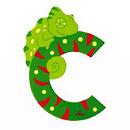|
|
|
Chapter 3: Running |
|

|
Read the passage. Then answer questions about the passage below. |
Proyecto Salón Hogar
|
Dieter loves to run. He runs in the morning. He runs in the afternoon. He runs in the evening. He runs at night. Dieter loves to run, but it hurts to run. When Dieter runs, it hurts. His legs hurt. His arms hurt. His back hurts. His head hurts. dreams about his home. He dreams about
his family. He dreams about his friends. He dreams about the
world. Dieter loves running. Running gives him the best dreams. Sometimes, Dieter forgets that he is running. Sometimes, he runs all morning. Sometimes, he runs all afternoon. Sometimes, he runs all night. Dieter runs and dreams.
|
Page 1
![]()
|
Questions
What does this
mean? 3) What does Dieter do while he is
running? 4) Why does Dieter love running? 5) What is one thing that Dieter dreams
about?
|
Page 2
![]()
|
The $20.00 Bill
|
Page 3
![]()
|
Questions 1) Who is at Levi's party?
Check all that are correct.
|
|||||||
|
Page 4
Page 5
|
|||||||
|
9) Who goes with Levi to the store? Check all that are correct. __ A. his grandma __ B. his mom __ C. his sister __ D. his uncle
10) What does Levi buy for himself? A. ________________________
11) How much money does Levi have left after buying the tool kit? A. $20 plus $12 B. $20 minus $12 C. $20 times $12 D. $20 divided by $12
12) Why does Levi's mom call him a sweet boy? A. because it is his birthday B. because he eats a lot of candy on his birthday C. because he waits until the next day to go to the store D. because he buys something for his mom and little sister
If you had twenty dollars, what would you buy with it? Why? __________________________________________________________________________________________ __________________________________________________________________________________________ __________________________________________________________________________________________ __________________________________________________________________________________________ __________________________________________________________________________________________
|
|||||||
|
Page 6
|
|||||||
|
|
Literature: Historical Context Historical context when reading a story gives you information like where the story takes place and historical background of that time. Most stories have a historical context because it helps the reader fully understand the story. Finding historical context in the story is easy. You must find the words that describe the place and time that the story takes place. Sometimes a story will have pictures to help you get a visual of the story's historical context.
Write five words to describe the historical context in this photo.
1. ________________________________ 2. ________________________________ 3. ________________________________ 4. ________________________________ 5. ________________________________
Write five words to describe the historical context in this photo.
1. ________________________________ 2. ________________________________ 3. ________________________________ 4. ________________________________ 5. ________________________________
|
||||||
| Page 7
|
|||||||
|
|
Vocabulary: Synonyms and Antonyms Synonyms are words that are spelled differently but have similar meanings. Examples: small -
tiny
Write the synonym best suited for the
following sentences.
_______________ 1. This river is so quiet. _______________ 2. Why must you annoy me? _______________ 3. Please vacate these premises. _______________ 4. The river was rich in fish and plant life. _______________ 5. When the person is angry it's best to ignore them.
Antonyms are words that have an opposite meaning of another word.
Examples: life - death
Use these photos to help you choose the antonyms of these words.
|
||||||
| Page 8
|
|||||||
|
|
Use the words given and make sentences using an antonym of that word also. Example: old That man looks very old to be cutting the lawn, maybe someone young should do it.
2. pretty ____________________________________________________________________________________ 3. large ____________________________________________________________________________________ 4. close ____________________________________________________________________________________ 5. wet _____________________________________________________________________________________
Grammar: The Subject and Predicate
A sentence has two pieces to make it a complete thought. A
subject and predicate are needed in order for a
sentence to make sense. 2. My dog likes to play in the yard. 3. She can be very nice sometimes. 4. Mother is going to the market for lunch. 5. Buying shoes can be hard with no money.
|
||||||
| Page 9
|
|||||||
|
Letter Building Directions: Form as many words as you can in five minutes that start with the letter C
1) __________________________ 13) __________________________
2) __________________________ 14) __________________________
3) __________________________ 15) __________________________
4) __________________________ 16) __________________________
5) __________________________ 17) __________________________
6) __________________________ 18) __________________________
7) __________________________ 19) __________________________
8) __________________________ 20) __________________________
9) __________________________ 21) __________________________
10) __________________________ 22) __________________________
11) __________________________ 23) __________________________ 12) __________________________ 24) __________________________
|
|||||||
|
Page 10
|
|||||||
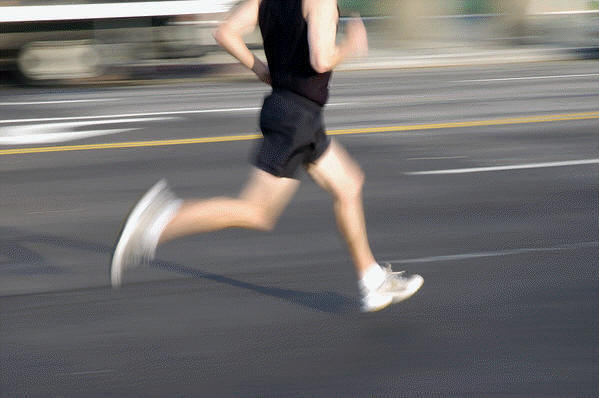



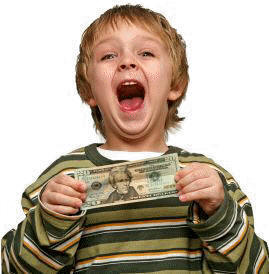

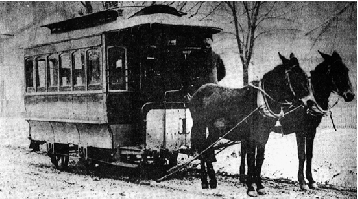
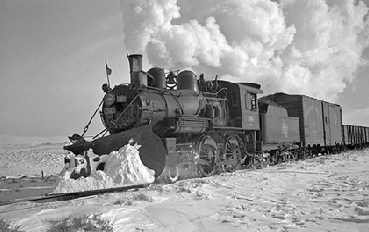
 C. over
C. over D. black
D. black
